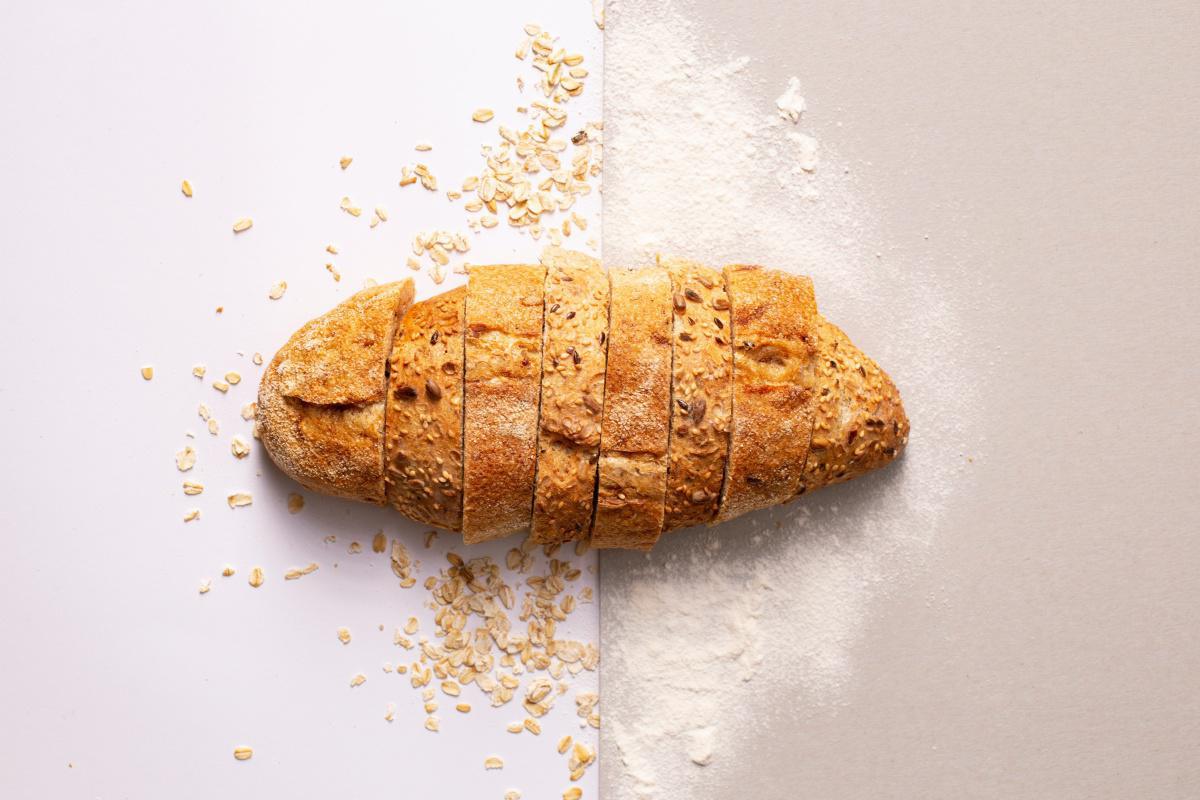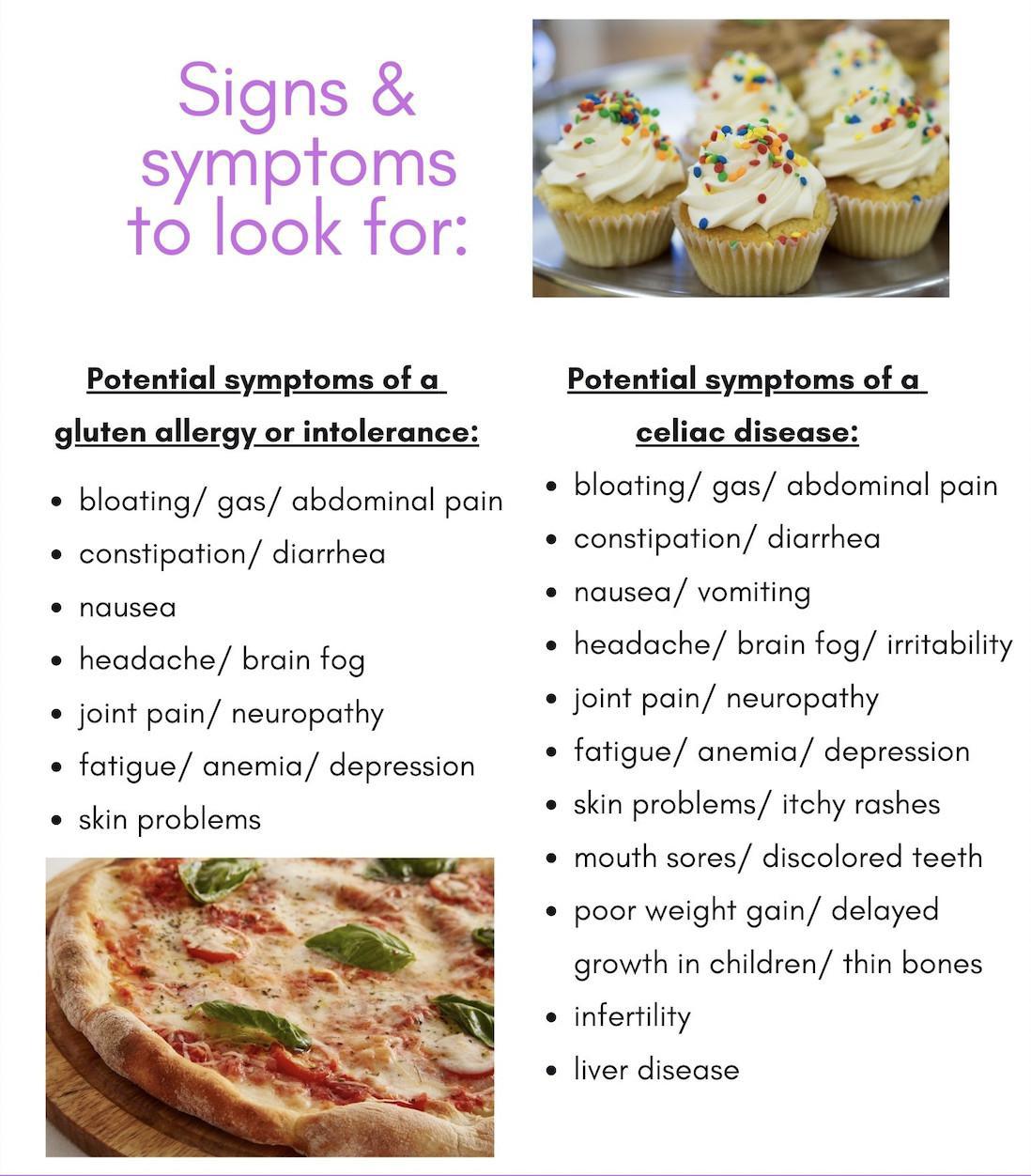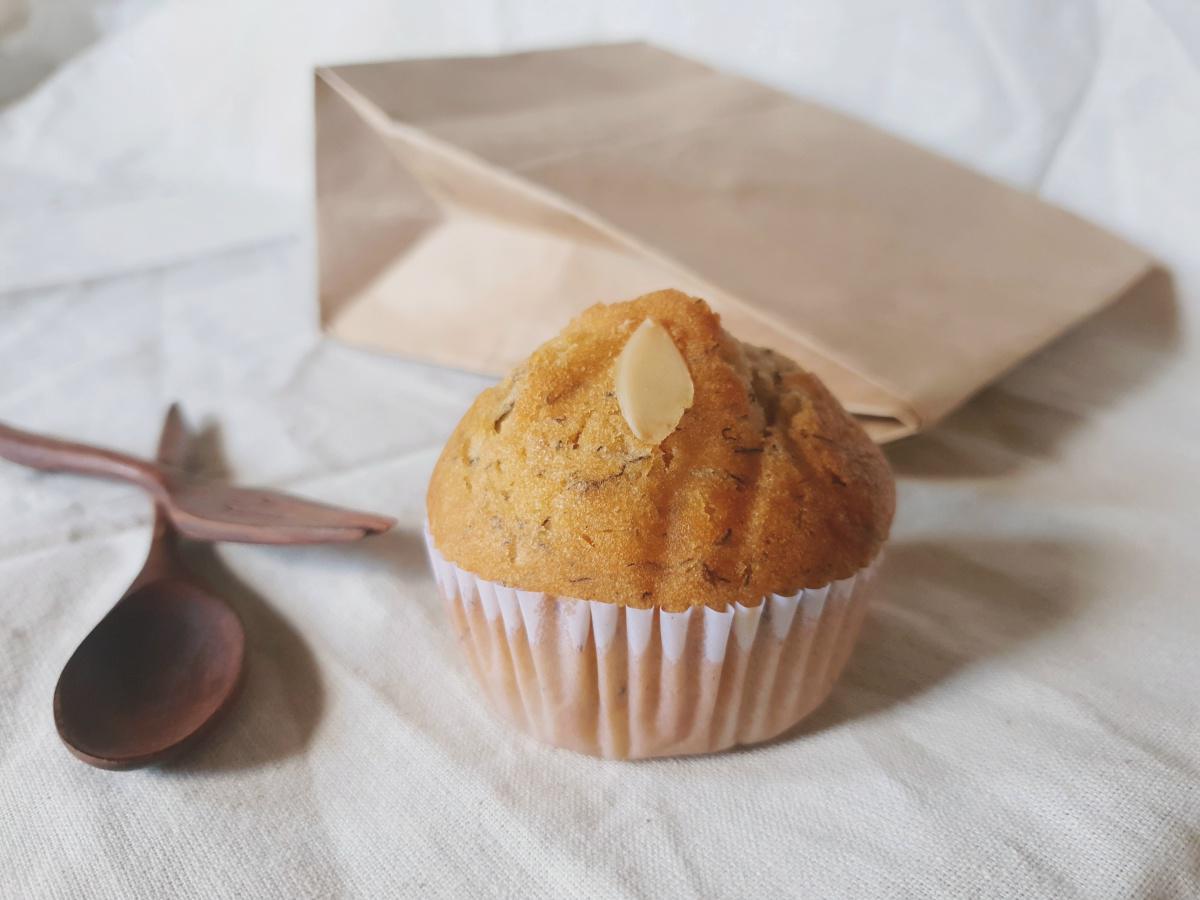Whether you eat gluten-free or not, The Fit Foodie app's meal ideas, recipes, and grocery lists contain all gluten-free options! In the instance something is NOT gluten-free, it will be clearly marked (there are only a handful!). I personally have Celiac Disease, a type of auto-immune disease in which gluten is causing a reaction in the body that is more severe than a typical gluten allergy or intolerance... so no messing around here! I do not believe that everyone should go gluten-free across the board (if you are suspicious of an allergy or intolerance that is a different story - see below!); my intention of keeping most items gluten-free on The Fit Foodie app is to be able to give you my best personal recommendations of things I've tried (because I'm gluten free!) as well as help those who do need to avoid gluten. If I see a product that I know others have tried or loved, with clean ingredients that is NOT gluten-free, I will include it in the lists and mark it as such!
Typically, many grains in general grown here in the US are genetically modified or treated with chemicals & pesiticides (both gluten-containing and gluten-free!), or prepared with other not so great ingredients (seed oils, gums, etc.). This can cause inflammation in the body, so it can make a difference in your health to avoid such. It is important to note though, that the whole wheat or grain itself is not typically the problem or a bad thing across the board.. so it's important to not demonize the actual grain but yet how it is grown, processed, prepared and sold to us. Gluten-containing grains may be totally fine and healthy for you (so long as you are not suspicious of an allergy) and there may be no need to take them out (you could be cutting out a great source of fiber or other nutrients - I WISH I could have Ezekiel bread, it's the bomb!). It's more important to focus on the quality of the grain, whether gluten-free or not, that you are buying. The grocery items that you will find on The Fit Foodie app have been carefully and thoughtfully selected to be the best or better choice in comparison to a lot of the junk that is out there.
So that all being said, how do you know if you should go fully gluten-free? Or if gluten-containing grains are fine for you?
First, let's define "gluten". It's pretty common these days to hear the word "gluten" or term "gluten-free" being talked about, marketed, or labeled on products in supermarkets, or even meals in restaurants. This means that the food item(s) do not contain gluten, which is a protein found in wheat, barley, and rye (so therefore it will also not contain these grains either). You may see some companies promote that their products are gluten-free in order to make them appear as a "healthier" option. But is it actually better for you? For those who have an allergy to gluten or Celiac Disease, the answer is of course - yes. Allergies and intolerances to gluten are becoming increasingly more prevalent, or at least more well-known. For those who do not have a gluten allergy, as I mentioned before typically the most important thing is to look at the quality of the wheat / grains you are consuming and make your decisions based on that.
Here are some signs & symptoms to look for if you are suspicious of a gluten allergy -
Some will experience these symptoms and it may not be due to a gluten intolerance or celiac disease, but perhaps IBS (irritable bowel syndrome) or another type of food allergy (ie, lactose).
The first step in determining an intolerance (and getting potential relief of symptoms) would be to cut out the suspected culprit from your diet and see if your symptoms improve; but depending on the severity of your symptoms, the only way to know if you have a more severe allergy like celiac disease would be to consult your doctor. I always recommend checking with a doctor anytime something is wrong just in case. A celiac disease diagnosis requires blood work (in which antibodies against gluten will be present), and then an endoscopy of the small intestine to check for malabsorption of the villi (projections along the walls of the small intestine that aid in digestion and nutrient absorption) and any damage to the lining of the small intestine from subsequent malabsorption. In order to see antibodies in the blood work, you must be eating gluten at the time of the tests. A gluten intolerance may not show any markers in the blood work (it might but it might not - if so then the tests for Celiac mentioned above would likely be pursued). This can make diagnosing an intolerance or allergy a little more challenging... and you may not know unless gluten is removed from the diet and symptoms improve. Consulting your doctor is always important as well for even ruling out a potential severe allergy, as undiagnosed celiac disease (and continued gluten consumption) can lead to substantial damage to the small intestine and therefore other consequences (such as secondary conditions and an increased risk of cancer).
An important thing to note - celiac disease is a genetic auto-immune disease, which means that it is passed down through the genes. A genetic test can let you know if you have the genes for celiac, but that does not necessarily mean that you have the actual disease active in your body. The genes can lay dormant and be activated later on (from a virus, trauma, or other issues).
But can going gluten-free contribute to better fitness & weight-loss?
There is a common misconception that eating gluten-free is better for weight loss, but eating gluten-free items vs gluten-containing does not have any impact on this. What usually ends up happening is that those who go gluten-free end up foregoing a lot of processed, high calorie, "junky" gluten-containing foods (like most desserts) and inadvertently end up in a caloric deficit from less intake, or making different/better choices. The more important thing to look for again is the quality of the grain (is it organic, non-gmo, minimally processed, and no added junk?).
Finally, many gluten-free foods (breads, cookies, desserts, cereals, etc.) can be just as highly processed as their gluten-containing counterparts. As I mentioned earlier, it is a common tactic for companies to market their products as "healthier" just because they are gluten-free, but this is not always the case. Gluten-free Oreos are not healthier just because they are gluten-free, they are just made with an alternative flour (such as rice flour) instead of wheat flour; they still have the same amount of sugar, fat, etc. as regular Oreos plus a load of added chemicals and fillers. Those who eat gluten-free can still fall into the trap of eating junky, processed foods that just don't contain gluten. The best course of action, whether eating gluten-free or not, is to replace such non-nutritious carbohydrates in general with more nutrient-dense foods, such as fruits, vegetables, and higher-fiber whole grains when possible (gluten free or conventional), such as quinoa, brown rice, or buckwheat (all three of these are gf!). And for my gluten-consumers, sourdough bread is one of the best options out there (due to it's typically simple ingredients, fermented culture, and tyipcal use of olive oil).



